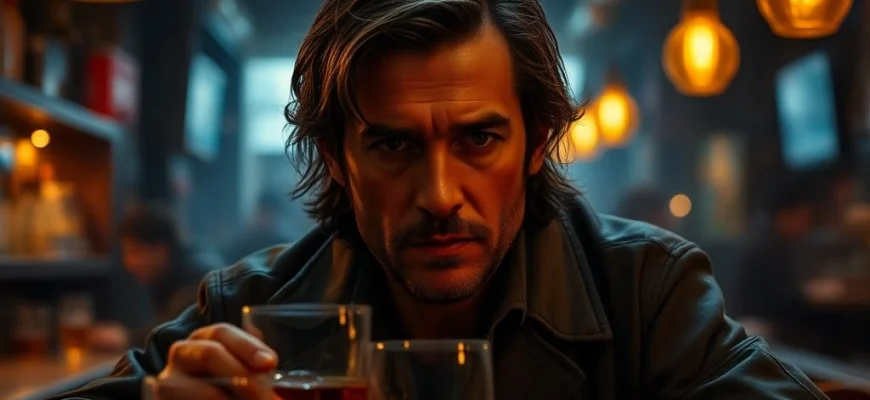If you loved the gritty realism and raw emotion of 'On the Rocks' (1975), you're in for a treat. This article explores 10 similar movies and shows that capture the same intense drama, complex characters, and unfiltered storytelling. Whether you're a fan of 70s cinema or just discovering this gem, these recommendations will keep you hooked.
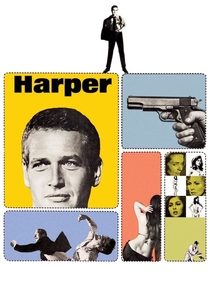
Harper (1966)
Description: A classic detective story with a modern twist, featuring a witty and resourceful private investigator who navigates a labyrinth of lies and deceit.
Fact: The film's protagonist, Lew Harper, is based on the character created by author Ross Macdonald, blending hard-boiled detective tropes with 1960s sensibilities.
 Watch Now
Watch Now 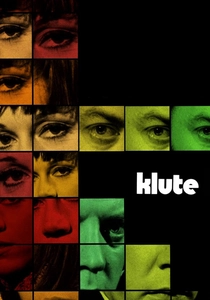
Klute (1971)
Description: A psychological thriller that combines elements of noir with a character study, focusing on a detective and a call girl whose lives become dangerously intertwined.
Fact: The film's portrayal of its female protagonist was groundbreaking for its time, offering a nuanced and complex depiction of a woman in a male-dominated world.
 Watch Now
Watch Now 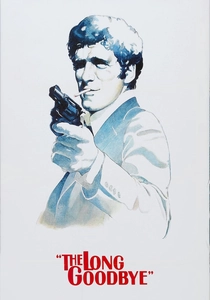
The Long Goodbye (1973)
Description: A neo-noir film that blends detective tropes with a modern, existential twist, featuring a protagonist who navigates a morally ambiguous world with a mix of cynicism and charm.
Fact: The film's protagonist, Philip Marlowe, is portrayed as a more laid-back and contemporary version of the classic detective, reflecting the changing social attitudes of the 1970s.
 Watch Now
Watch Now 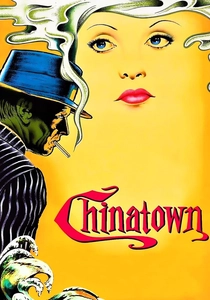
Chinatown (1974)
Description: A quintessential neo-noir that delves into themes of corruption, betrayal, and the dark underbelly of power, wrapped in a meticulously crafted mystery.
Fact: The film's iconic line, 'Forget it, Jake, it's Chinatown,' has become one of the most memorable in cinema history, symbolizing the futility of fighting systemic corruption.
 Watch Now
Watch Now 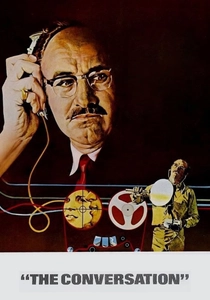
The Conversation (1974)
Description: A psychological thriller that explores themes of surveillance, paranoia, and the erosion of privacy, with a protagonist whose professional detachment begins to crumble.
Fact: The film's sound design is meticulously crafted to reflect the protagonist's obsession with audio surveillance, creating a deeply immersive experience.
 Watch Now
Watch Now 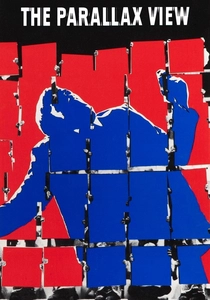
The Parallax View (1974)
Description: A conspiracy thriller that delves into the paranoia and uncertainty of the post-Watergate era, with a protagonist who uncovers a web of deceit.
Fact: The film's famous 'Parallax Test' sequence is a surreal montage designed to identify potential assassins, showcasing the film's innovative visual style.
 Watch Now
Watch Now 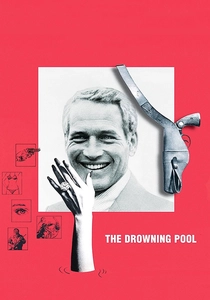
The Drowning Pool (1975)
Description: A detective thriller that explores themes of corruption and redemption, with a protagonist who must confront his past while solving a new mystery.
Fact: The film's setting in the American South adds a layer of atmospheric tension, with the humid, oppressive environment mirroring the protagonist's internal struggles.
 Watch Now
Watch Now 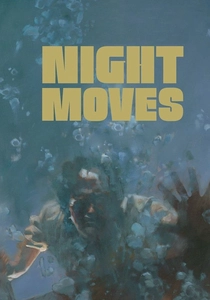
Night Moves (1975)
Description: A detective story that subverts traditional noir tropes, focusing on a protagonist whose personal and professional lives are equally fraught with disillusionment.
Fact: The film's title is a double entendre, referring both to the protagonist's nocturnal investigations and the chess term, symbolizing his strategic but ultimately futile moves.
 Watch Now
Watch Now 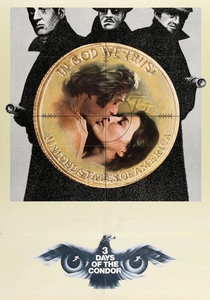
Three Days of the Condor (1975)
Description: A tense political thriller that examines themes of trust, betrayal, and the individual's struggle against vast, shadowy organizations.
Fact: The film's plot was inspired by real-life CIA operations, adding a layer of authenticity to its portrayal of espionage and conspiracy.
 Watch Now
Watch Now 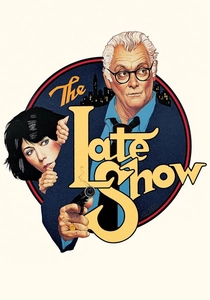
The Late Show (1977)
Description: A neo-noir that pays homage to classic detective stories while infusing them with a contemporary, self-aware humor and a focus on aging and obsolescence.
Fact: The film's title is a playful nod to the twilight years of its protagonist, a retired detective who is drawn back into the world of crime-solving.
 Watch Now
Watch Now 
